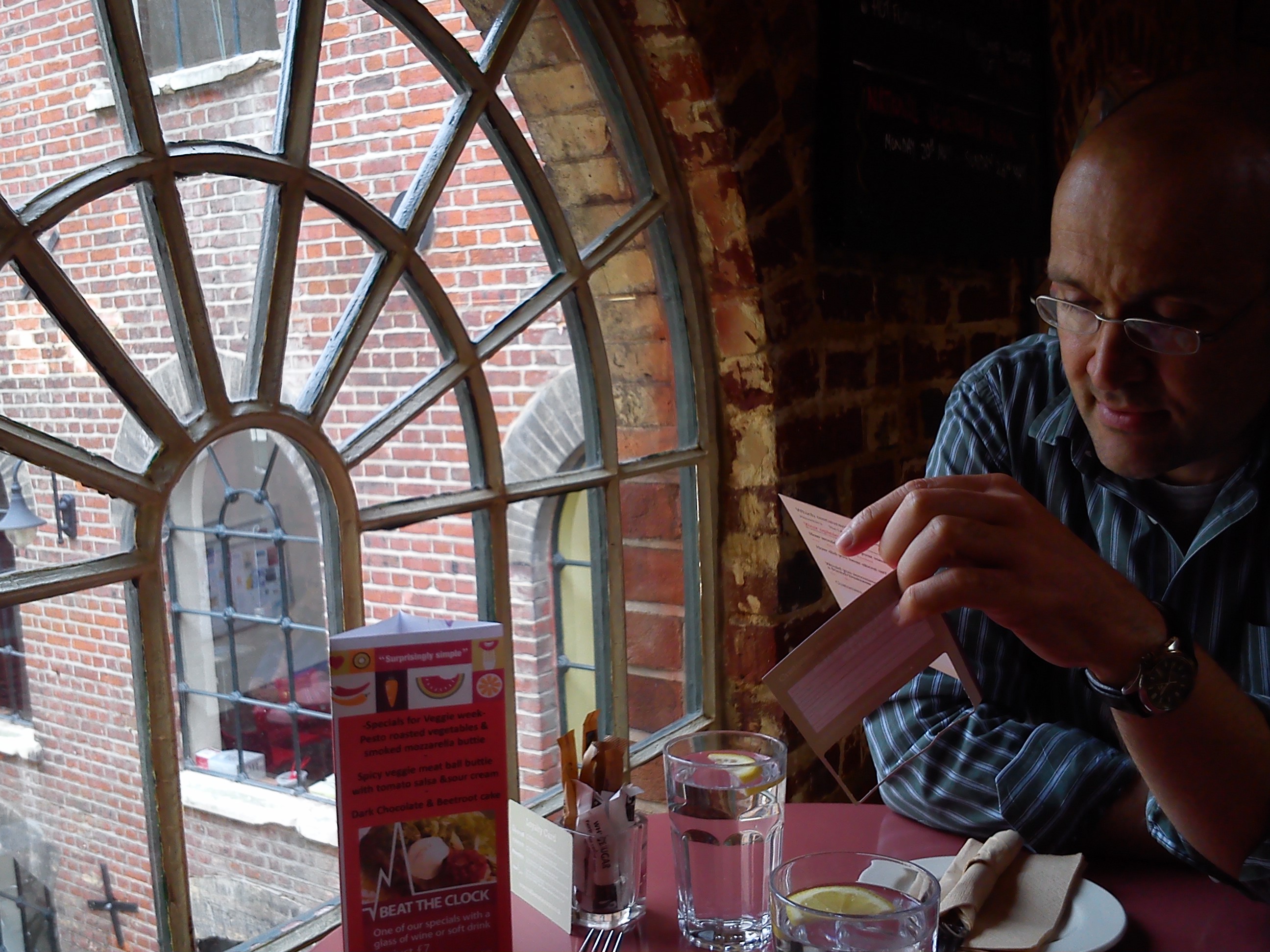About two years ago a particularly heart wrenching photograph found its way onto social media. It was eventually described as the picture that, ‘broke the internet’s heart’.
The photo itself is of a four year-old Syrian girl called Hudea. A Turkish photographer aimed a telephoto lens at her and she thought the camera was a gun. The picture captures the terror in Hudea’s eyes. Her little hands are clenched in fright and raised above her head in surrender. The photographer’s name is Osman Sağırlı. He explained more about Hudea’s response to the BBC as worldwide interest increased:
“I was using a telephoto lens, and she thought it was a weapon. I realised she was terrified after I took it, and looked at the picture, because she bit her lips and raised her hands. Normally kids run away, hide their faces or smile when they see a camera. You know there are displaced people in the camps. It makes more sense to see what they have suffered not through adults, but through children. It is the children who reflect the feelings with their innocence.”
As is the way with the internet, the photo was ‘shared’ many thousands of times. Each sharing represented many thousands of individual ‘viewings’. The impact of Sağırlı’s image was vast. As is also the way with the internet, people were moved to write down how they felt about what they’d seen. Of the thousands of comments made, a two word response struck me as particularly significant – it read simply,
‘Humanity failed.’
It seems that the person who wrote those words had experienced the shaking of their underlying faith in the goodness and sufficiency of humanity. This is an unpleasant realisation, to be sure, but it’s also a simple reminder of what the Bible tells us over and over again. The Bible tells us that humanity repeatedly and fundamentally fails, from Adam and Eve to Judas and Caiaphas. Humanity fails to do what we are commanded to do: seek God, love God and love each other. Romans 3:10-18 puts the situation succinctly:
“None is righteous, no, not one;
no one understands;
no one seeks for God.
All have turned aside; together they have become worthless;
no one does good,
not even one.”
“Their throat is an open grave;
they use their tongues to deceive.”
“The venom of asps is under their lips.”
“Their mouth is full of curses and bitterness.”
“Their feet are swift to shed blood;
in their paths are ruin and misery,
and the way of peace they have not known.”
“There is no fear of God before their eyes.”
Studying the Bible makes the brokenness of humanity clear. Studying history underlines the sad facts. We read and discover that, just 100 years ago, the 1910s were a time of unparalleled expectancy for peace and hope. None-the-less, these years spectacularly failed to deliver peace and fulfil hope.
The quintessentially ‘Modern’ conviction that people could triumph over all things, even nature itself, was encouraged by astounding feats of science, engineering, art and philosophy. This same Modern mindset was mightily shaken when: over 16.5 million people died in World War 1 and 21 million more were wounded; 9 million died in the 1917 Russian Revolution; the Armenian Genocide saw 1.5 million people murdered; finally, the world itself produced Spanish Flu – estimates range from between 20 to 100 million dying as a result.
In the midst of this bad news, Jesus Christ is the Good News. The Crucifixion, Resurrection and coming of the Holy Spirit at Pentecost heralded God’s unstoppable fixing of humanity. The call for repentance echoes around the world. The Kingdom came and the Kingdom continues to come to this day. Jesus is the only hope for our present and our future. Humanity failed. Jesus succeeded.
And He calls us to be a part of His success. The sacred task of every man, woman and child that accepts Jesus as Lord and Saviour is made clear by Jesus Himself:
“Go therefore and make disciples of all nations, baptizing them in the name of the Father and of the Son and of the Holy Spirit, teaching them to observe all that I have commanded you. And behold, I am with you always, to the end of the age.”
Jesus doesn’t suggest that our sacred task will be easy. On the contrary, He emphasises that it will involve risk, persecution, even martyrdom. Looking at the terrified eyes of Hudea, we see that it’s an urgent task, too:
“And because lawlessness will be increased, the love of many will grow cold. But the one who endures to the end will be saved. And this gospel of the kingdom will be proclaimed throughout the whole world as a testimony to all nations, and then the end will come.”
One day, the end will come. Monstrous evil will be consigned to the fires of Hell. And one day the hands of children, like Hudea, will not lift in fear, but will lift in joyful praise of the Saviour of all humanity.




